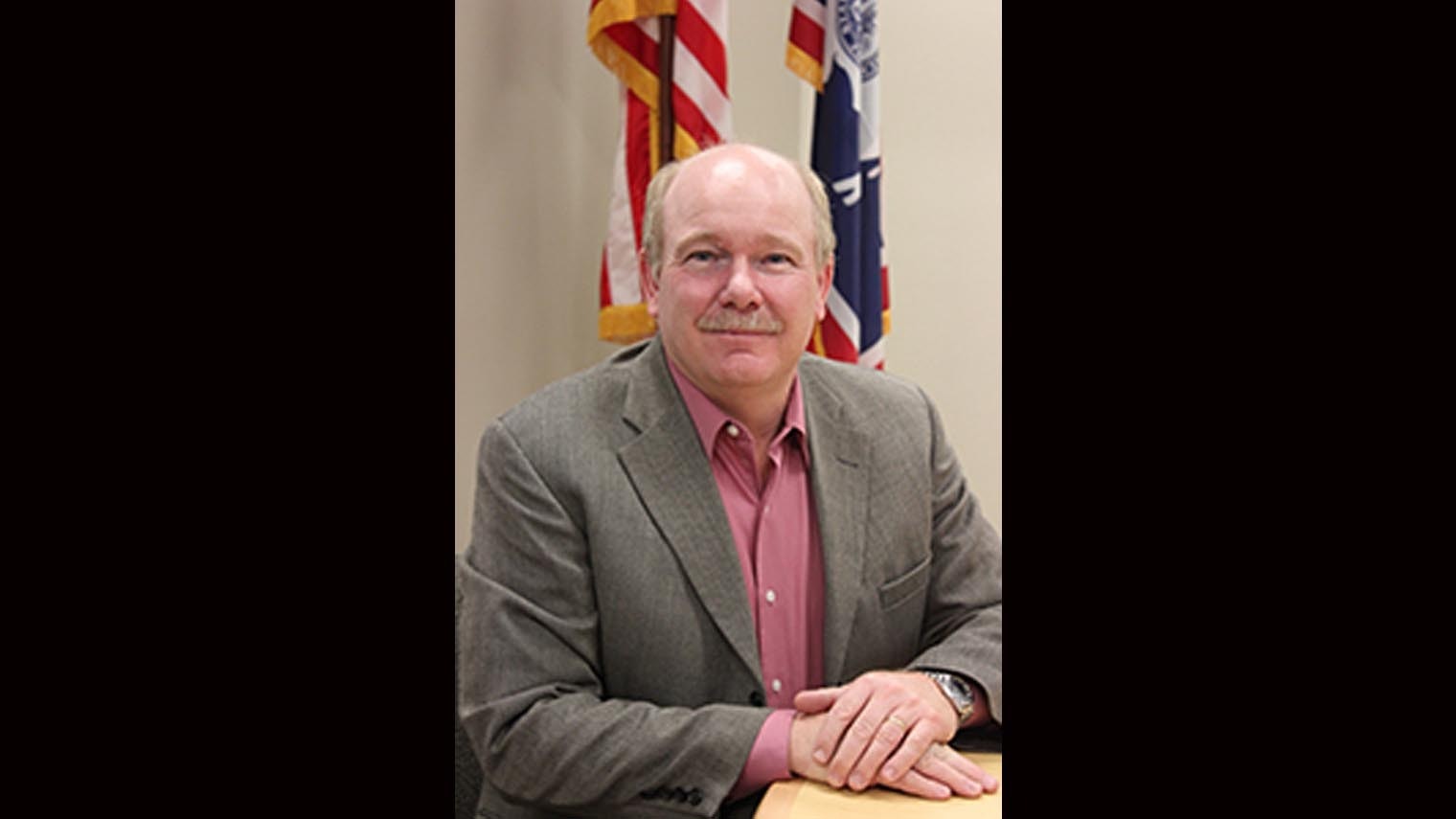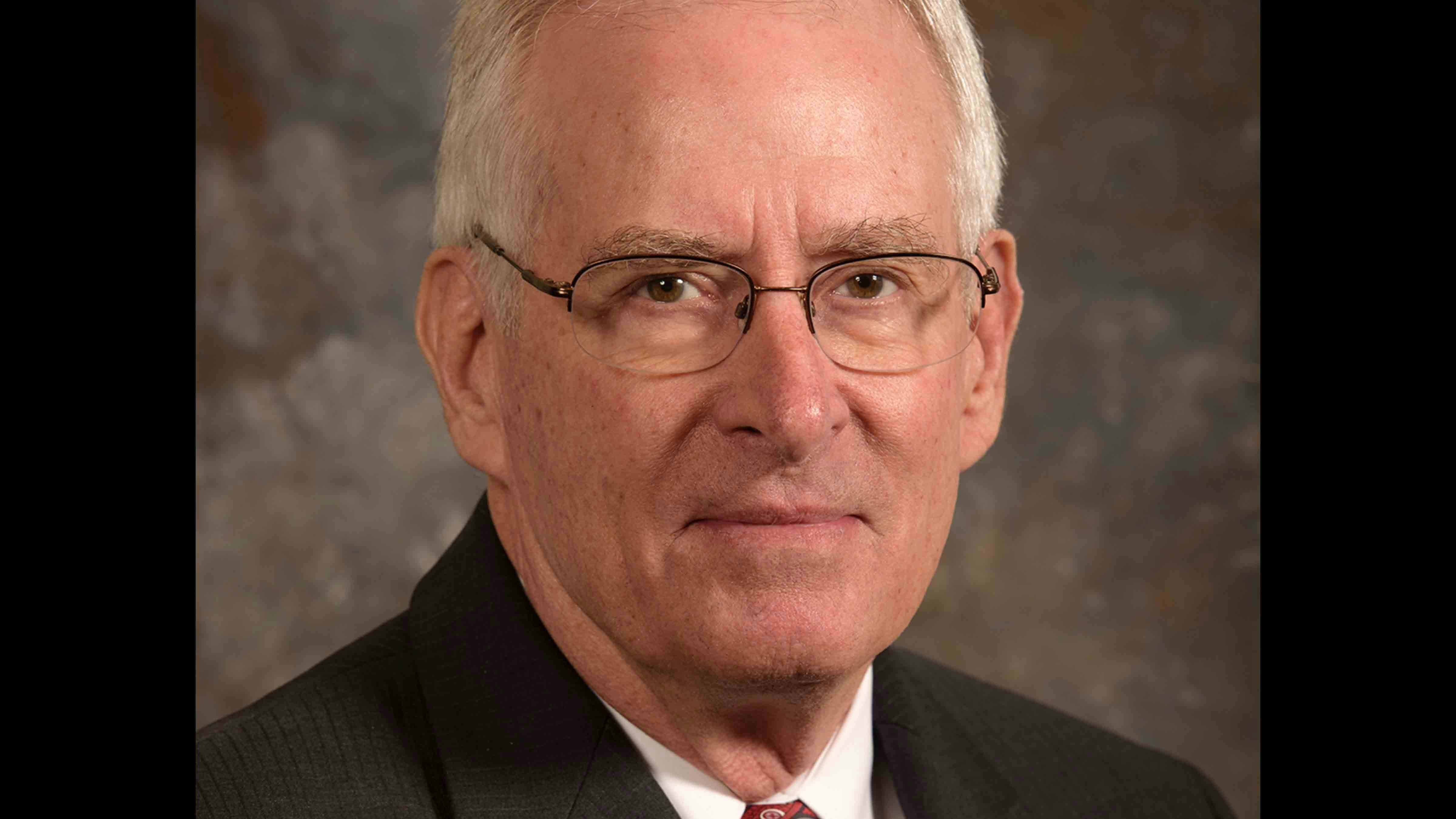By Jim Willox, guest columnist
Willox is the President of the Wyoming County Commissioners Association and Chairman of the Converse County Board of Commissioners
In Wyoming and across the West, counties—serving as the legal arm of state government—are responsible for delivering essential services to communities.
Counties maintain safe road networks across the state, provide fire protection, manage courthouses, keep libraries open, and operate landfills, hospitals, airports and public health and senior citizen centers, among other charges.
For nearly a year now, counties have provided these services while also serving on the frontline of a pandemic response, and all while seeing their budgets cut and resources diminish.
Crisis or not, counties are the government closest to the people, responsive to their everyday needs and concerns.
Providing these services requires revenue. In Wyoming, as in many western states, states and counties rely on funds generated from the development of oil and gas resources to cover the costs of governing.
And because the federal government owns significant land and mineral resources in the state—the Department of the Interior controls nearly half of Wyoming’s surface acreage and over two-thirds (42.9 million acres) of the mineral estate—much of Wyoming’s oil and gas is produced from public lands.
This means that Wyoming’s ability to generate revenue is subject to the winds and whims of federal politics—a point made that much clearer by President Biden’s moratorium on oil and gas leasing.
Revenue derived from oil and gas constitute a significant portion of state and county budgets.
Property taxes associated with oil and gas production generated over $665 million statewide in 2020. Counties received approximately 17.65% of this money or $117,372,500.
In recent years, severance taxes from oil and gas development contributed over $6 million annually to county budgets. In all, counties annually receive over $123 million dollars in direct revenues associated with oil and gas taxes, accounting for more than 15% of county budgets statewide.
Moreover, on a statewide level, Wyoming collected over $457 million in royalties from oil and gas development on federal lands. A portion of this helps counties pay for essential services as well.
In Campbell County, where almost 83% of Campbell County minerals owned by the federal government, the effects of this ban will be especially acute.
Campbell County has been resolute in seeking and encouraging new industries to replace rapidly declining coal revenue and jobs.
As Commissioner Colleen Faber explains, “this second hit banning federal oil and gas leasing will create revenue impacts making it difficult to meet basic services at an acceptable level, with no capacity to pursue new business opportunities for our county.”
Oil and gas operations also provide significant job opportunities in our communities. In 2019, the oil and gas industry employed over 19,000 people at an average annual wage of $57,495.
These well-paying jobs, and jobs ancillary to oil and gas production, will dry up without development of federal minerals.
In this conversation, it is also important to remember that counties are not legally allowed to impose property taxes on lands owned the federal government.
To account for this loss in tax base, Congress provides payments in lieu of taxes, or PILT payments, to local governments. Unfortunately, these funds—which counties must fight to receive each year—are woefully below the assessed value of the lands and resources.
This leaves public lands counties at yet another disadvantage in their ability to provide essential services.
Considering these facts and figures, it is no surprise that the leasing ban will have devastating economic impacts on Wyoming and its counties—impacts which the President’s order entirely ignores.
According to a recent University of Wyoming study, a leasing moratorium will cause the state and its counties to lose $304 million in average oil and gas tax revenue on an annual basis. Losses like these will likely force counties to cut or reduce services on which our residents and visitors rely.
Wyoming is a multiple-use state with a long history of producing this nation’s energy at an affordable cost to consumers.
We’ve provided these resources while protecting natural and environmental features of national importance, providing recreational opportunities of a lifetime and feeding families across America.
As Sublette County Commissioner Joel Bousman points out, Wyoming has “led the nation in in reducing emissions from existing energy production and developing new technology to further reduce emissions and make progress on carbon capture.” We do it responsibly and we do it right.
Wyoming counties want to be—and must be—part of the solution to the issues this country faces when it comes to energy and climate.
However, a unilateral executive order drafted in the District of Columbia that fails to recognize the cultural and economic value of energy production in the West leaves us on the outside looking in. It leaves our communities without essential resources and services. This is not a unified and sustainable path forward.
We urge the Biden Administration to rescind the leasing ban and to engage in meaningful, specific and direct dialog with those an action like this will impact, including the government that is closest to the people—our counties.





